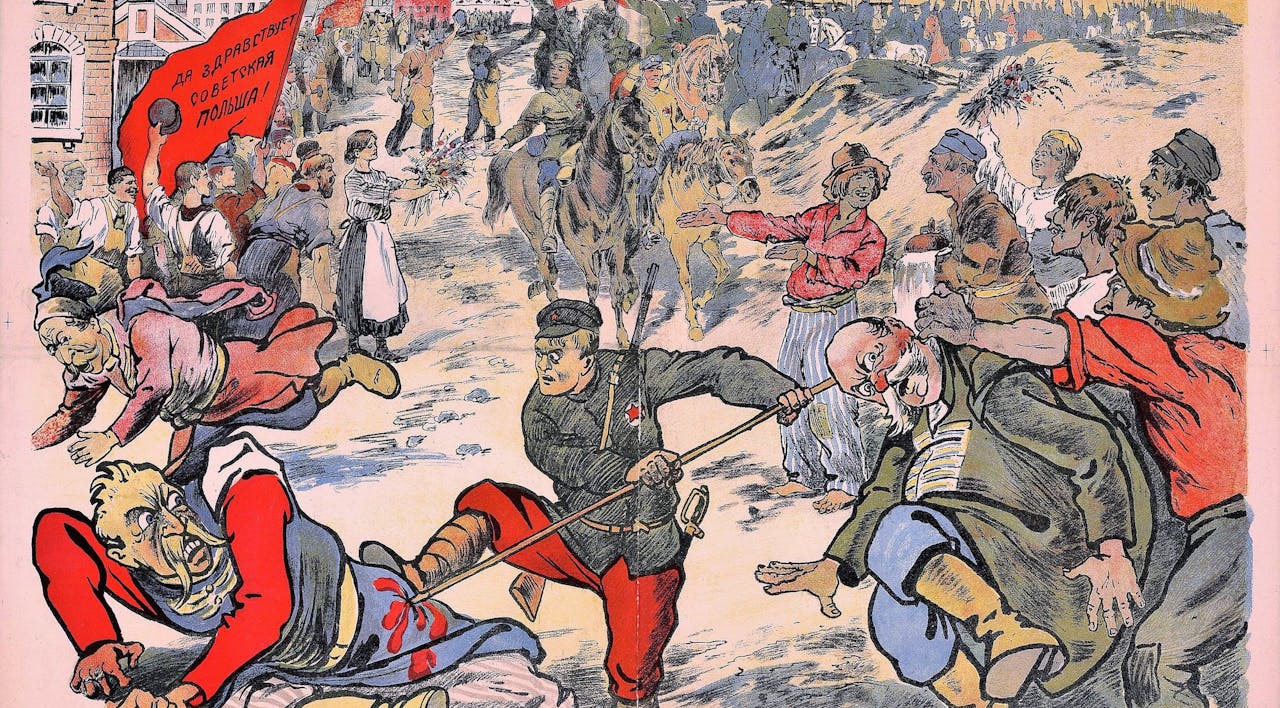
December 2021
Isaac Babel’s Guide to Life and Death
The great Russian Jewish writer was caught between revolution and daily life, Bolsheviks and Jews, a desire to kill and an inability to pull the trigger. Did he ever choose?
From the mid-19th century to the present, Russian writers and thinkers have tirelessly debated human life’s essential nature. Is life defined by the countless ordinary events or the few extraordinary ones? Should one focus on the forgettable prosaic moments or the memorable dramatic ones that make a good story? Which sentiment comes closer to the truth: the proverbial curse, “May you live in interesting times!” or Wordsworth’s enthusiasm that “to be young” during the French Revolution “was very heaven”?
Russia’s revolutionaries typically answered these questions one way, the greatest writers—especially Tolstoy and Chekhov—the other. For Isaac Babel, arguably Russia’s greatest prose writer in the 20th century’s first decades, they posed a dilemma. On the one hand, the romantic revolutionary ethos that had conquered the intelligentsia attracted him. On the other, Tolstoy’s antithetical ideas, which stressed the virtues found in life’s ordinary moments, could not be gainsaid. His values came much closer to the Jewish tradition in which Babel grew up.
In Tolstoy’s view, the more dramatic a life is, the worse it is. The eponymous heroine of Anna Karenina excites the reader’s interest with her melodramatic love affair and death, but the incidents illustrating a meaningful life lie outside the main plot lines. They belong not to Anna, but to the novel’s most prosaic central character, Dolly. If by a novel’s hero, we mean the character whose values are closest to the author’s, then Dolly is the true hero of Anna Karenina. She takes care of her children, helps those around her in small ways, and strikes everyone as entirely uninteresting, or in the words of her appalling husband Stiva, as “merely a good mother.”
